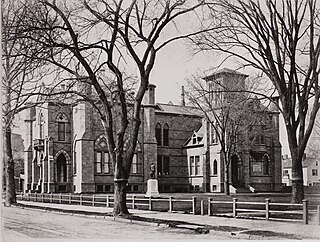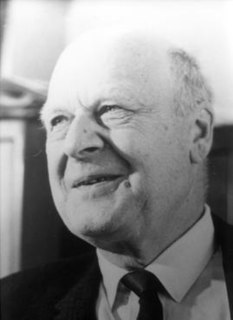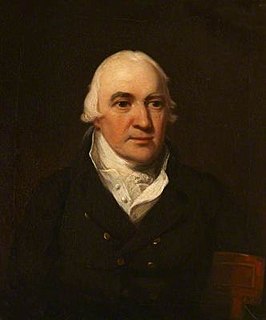Augustus Russell Street (5 November 1792 – 12 June 1866) was a philanthropist who made significant donations to Yale University.

Yale University is an American private Ivy League research university in New Haven, Connecticut. Founded in 1701, it is the third-oldest institution of higher education in the United States and one of the nine Colonial Colleges chartered before the American Revolution.
He was born in New Haven, Connecticut, the son of Titus Street (1758-1842), the founder of Streetsboro Township, Ohio, and his wife, née Amaryllis Atwater (1764-1812). He was graduated from Yale in 1812 where he studied law, but he abandoned the profession for health reasons. He traveled in Europe from 1843 to 1848 studying art and modern languages. He inherited a fortune and used it for philanthropic endeavors.

New Haven is a coastal city in the U.S. state of Connecticut. It is located on New Haven Harbor on the northern shore of Long Island Sound in New Haven County, Connecticut, and is part of the New York metropolitan area. With a population of 129,779 as determined by the 2010 United States Census, it is the second-largest city in Connecticut after Bridgeport. New Haven is the principal municipality of Greater New Haven, which had a total population of 862,477 in 2010.

Streetsboro is a city in Portage County, Ohio, United States. It is formed from the former township of Streetsboro, which was formed from the Connecticut Western Reserve. It is nearly co-extant with the former Streetsboro Township; the village of Sugar Bush Knolls was also formed in part from a small portion of the former township. The population was 12,311 at the 2000 census, and 16,028 at the 2010 census. It is part of the Akron Metropolitan Statistical Area.
He gave Yale its School of Fine Arts; Street Hall, named for him, was designed by Peter Bonnett Wight. He also established the Street Professorship of Modern Languages and the Titus Street Professorship in the Yale Theological department.

The Yale School of Art is the art school of Yale University. Founded in 1869 as the first professional fine arts school in the United States, it grants Masters of Fine Arts degrees to students completing a two-year course in graphic design, painting/printmaking, photography, or sculpture.

Street Hall is a historic building on Old Campus of Yale University. It housed the first collegiate art school in the United States, a gift from Augustus Russell Street, a native of New Haven and graduate of the Class of 1812, to Yale for the establishment its School of Fine Arts. It was designed by Peter Bonnett Wight in 1864.

Peter B. Wight (1838–1925) was an American 19th-century architect from New York City who worked there and in Chicago.
He married Caroline Mary Leffingwell on 16 October 1815; they had seven daughters, all of whom predeceased them. Only the eldest, Caroline Augusta Street, married and had children; her husband was Admiral Andrew Hull Foote.

Andrew Hull Foote was an American naval officer who was noted for his service in the American Civil War and also for his contributions to several naval reforms in the years prior to the war. When the war came, he was appointed to command of the Western Gunboat Flotilla, predecessor of the Mississippi River Squadron. In that position, he led the gunboats in the Battle of Fort Henry. For his services with the Western Gunboat Flotilla, Foote was among the first naval officers to be promoted to the then-new rank of rear admiral.













